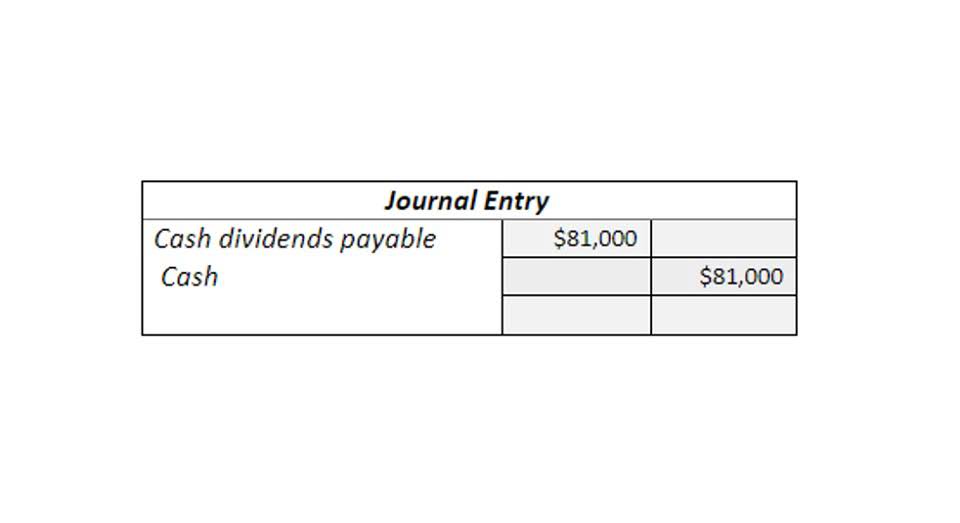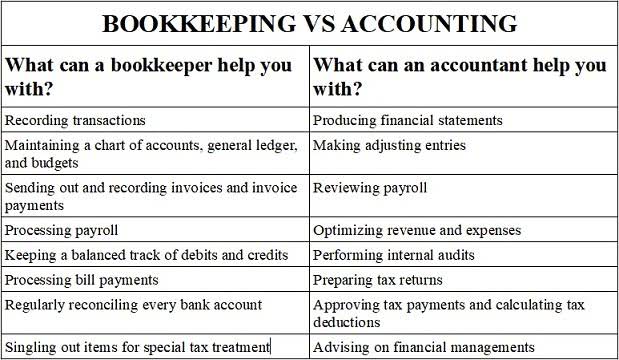As with the law, too much can go wrong if you don’t have the right professional in charge. Let a competent, experienced professional or company handle things is always better. If you’re not sure what tax deductions you should be watching for, our post covering the top tax deductions for lawyers and law firms is a good place to start. It involves a ton of inefficient, manual work—involving a lot of spreadsheets, paper invoices, inputting data entry, and struggles with collections. So, with double-entry accounting, every financial transaction gets sorted into a specific category (assets, liabilities, or equity). Double entry accounting is a helpful practice for lawyers to know about, as it provides an extra guard against errors.
Developing a Clear Bookkeeping System
Again, you should also be spending time daily recording your firm’s transactions. Unfortunately, bookkeeping mistakes have consequences for your business, income taxes, and license. Cloud-based accounting software for law firms also automatically gets updated and backed up—offering https://www.bookstime.com/ unparalleled, real-time insights into your firm’s financial data. Personal injury lawyers may deal with specific financial transactions, such as settlements and contingency fees.
Chart of Accounts
While there are a lot of factors to balance, here are the essentials for law firm accounting and bookkeeping success that you should get a handle on ASAP. It’s easy to record all deposits to bank accounts as income, but deposits made to IOLTA accounts aren’t income for your law firm—they belong to your client. Within each of those categories, you may have dozens of general ledger accounts. For example, you might have an operating account, lawyers trust accounts, accounts receivables, and fixed assets within the assets category.
- By implementing these practices, your firm can streamline its financial processes, reduce errors, proactively solve issues, and maintain a solid ethical standing.
- Legal accounting will let you analyze and collect information to make decisions with data in mind.
- Data discrepancies related to invoices, bills, and other financial transactions can lead to larger issues.
- There are plenty of great legal accounting solutions available that can help get you started.
- Making mistakes on compliance, making accounting mistakes, or losing your firm money, will make you look unprofessional.
Accrual Accounting
- A career in law firm accounting typically requires a strong background in accounting principles, finance, and business management.
- See what strategic opportunities you have for reinvestment and plug those into your budget.
- Have you ever tried to balance your checkbook, only to find you’re a quarter off somewhere?
- Also, ask if you are eligible to receive a tax credit for paying timely state unemployment taxes.
- Debits and credits combine to form a balance sheet comprising assets, liabilities, and equity.
Start by learning about the typical accounts in a law firm’s chart of accounts. The chart will include a list of your accounts and transactions for each. To learn more about financial management and law firm growth, watch our podcast, where Sasha Berson and Ryan Kimler discuss increasing a law firm’s revenue by optimizing numbers. However, taking on tasks above and beyond your duties is never a good idea, especially accounting and financial management tasks.
Fumbling Cash Reconciliation & Accrual Statements
This method does not recognize various payment accounts, such as accounts receivable and payable. There is no room for error when blending client funds with law firm funds. It pays to have an effective system that will prevent this from occurring. By law firm bookkeeping keeping your money separate at all times from your clients’ and strictly following trust administration rules and guidelines, you’ll sidestep a whole host of problems down the line. Most bar associations require law firms to comply with regular three-way reconciliation. Reconciliation protects against financial issues and uncertainty for both clients and law firms.
- When this happens, the company could have compliance issues with their books getting found to be inaccurate.
- And although accrual accounting gives you a good idea of your future income and expenses, it does not provide as clear a picture of your cash flow situation as cash basis accounting.
- To help with ongoing financial management, learn more about LawPay’s Legal Spend Management Solution.
- Additionally, inaccurate or inconsistent bookkeeping for trust accounts may lead to regulatory penalties and damage the firm’s reputation.
- Your firm’s jurisdiction can create variances on what the ethics are, but there are standard accounting basics that lawyers must follow.
Keeping accurate records of your law firm’s accounts is a challenging yet vital part of running a legal practice. Effective bookkeeping helps in improving cash flow by ensuring that all billable hours are accurately recorded and invoiced promptly. By understanding your cash flow patterns, you can make smarter financial decisions, plan for future expenses, and ensure that your firm remains financially healthy.
- Using a 3-way reconciliation is a great way to check and verify your financial data periodically.
- Well kept books for attorneys will aid accountants by giving them accurate financial data to work with.
- You may already know your budget, but perhaps you haven’t created realistic measurable goals or you rarely track your progress.
- But if your law firm bookkeeping isn’t up to date, it’s tough to stay on top of cash flow and ensure client funds are handled properly.
- Your potential new hire should have experience working with law firms, managing IOLTA accounts, and navigating trust accounting requirements.
- This process involves comparing your firm’s bank statement, client ledgers, and the trust account balance to ensure all records align.
But if your law firm bookkeeping isn’t up to date, it’s tough to stay on top of cash flow and ensure client funds are handled properly. We will introduce the basics of accounting and bookkeeping as it pertains to law firms. We will cover the best practices to follow and common mistakes you should avoid. During that time, you likely did not learn anything about legal accounting or bookkeeping. So the thought of legal bookkeeping petty cash and law firm accounting can sound intimidating to even the most experienced attorneys. Failure to do so can lead to serious consequences, such as the commingling of client funds with operational funds, resulting in ethical breaches and potential legal actions.






